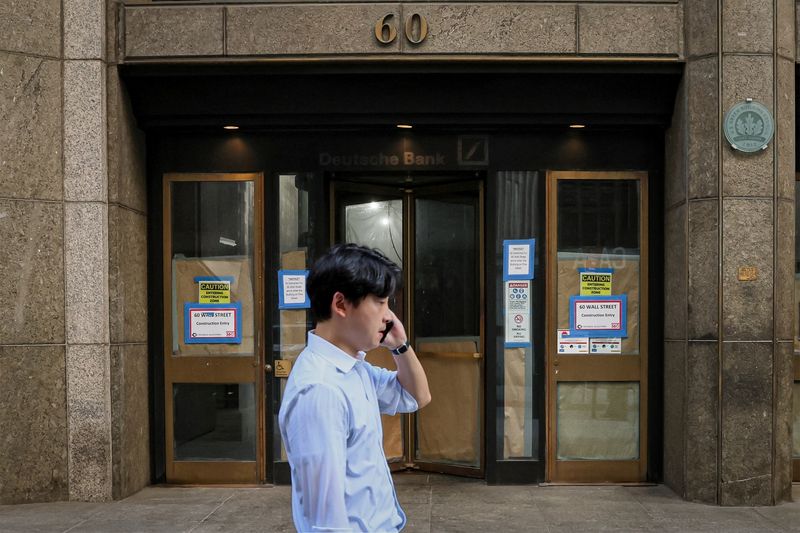(This July 13 story has been refiled to replace 'attorney generals' with 'attorneys general' throughout)
By Daniel Wiessner
(Reuters) - A group of Republican U.S. state attorneys general on Thursday warned the country's largest companies that certain workforce diversity policies could be illegal in light of the U.S. Supreme Court's decision effectively striking down affirmative action in higher education.
The 13 officials in letters sent to the 100 largest U.S. companies said the court last month made clear that any policy that treats people differently because of their race is illegal, even when it is adopted with good intentions.
The attorneys general urged the companies to abandon race-based quotas or preferences in hiring, promotion and contracting and threatened legal action "sooner rather than later" if they do not.
"Companies that engage in racial discrimination should and will face serious legal consequences," the attorneys general wrote.
The officials singled out about a dozen companies that they said have used racial quotas and other explicitly race-based practices, including Apple Inc (NASDAQ:AAPL), Alphabet (NASDAQ:GOOGL) Inc's Google, Microsoft Corp (NASDAQ:MSFT), and Uber Technologies Corp.
Those companies did not immediately respond to requests for comment.
Kansas Attorney General Kris Kobach and his counterpart in Tennessee, Jonathan Skrmetti, spearheaded the letter. They were joined by the attorneys general of Indiana, South Carolina and Missouri, among others.
The Supreme Court ruling last month said Harvard University's and the University of North Carolina's race-conscious admissions policies violated the U.S. Constitution's guarantee of equal protection under the law.
The decision does not directly affect employers, but in a concurring opinion Justice Neil Gorsuch noted that the federal law banning race bias in federally-funded programs, including higher education, is "essentially identical" to the law prohibiting workplace discrimination.
The decision is widely expected to spur legal challenges to admissions policies at universities and high schools and to corporate diversity initiatives that take race into account.
Federal and state laws already bar companies from explicitly considering race in making employment decisions, but there is little recent precedent on the legality of diversity programs.
Companies have had policies aimed at diversifying their workforce for decades. But many began looking more closely at the issue beginning in 2020, in the national debate on race spurred by the death of George Floyd and other Black people at the hands of police.
Proponents of corporate diversity initiatives say that along with creating more equity, they attract better talent and can be good for business when they have support among a company's customer base.

But in Thursday's letter, the attorneys general said well-intentioned race discrimination is still illegal.
"The argument that different rules should govern racial classifications designed to include rather than exclude ... has been repeatedly rejected," they wrote.